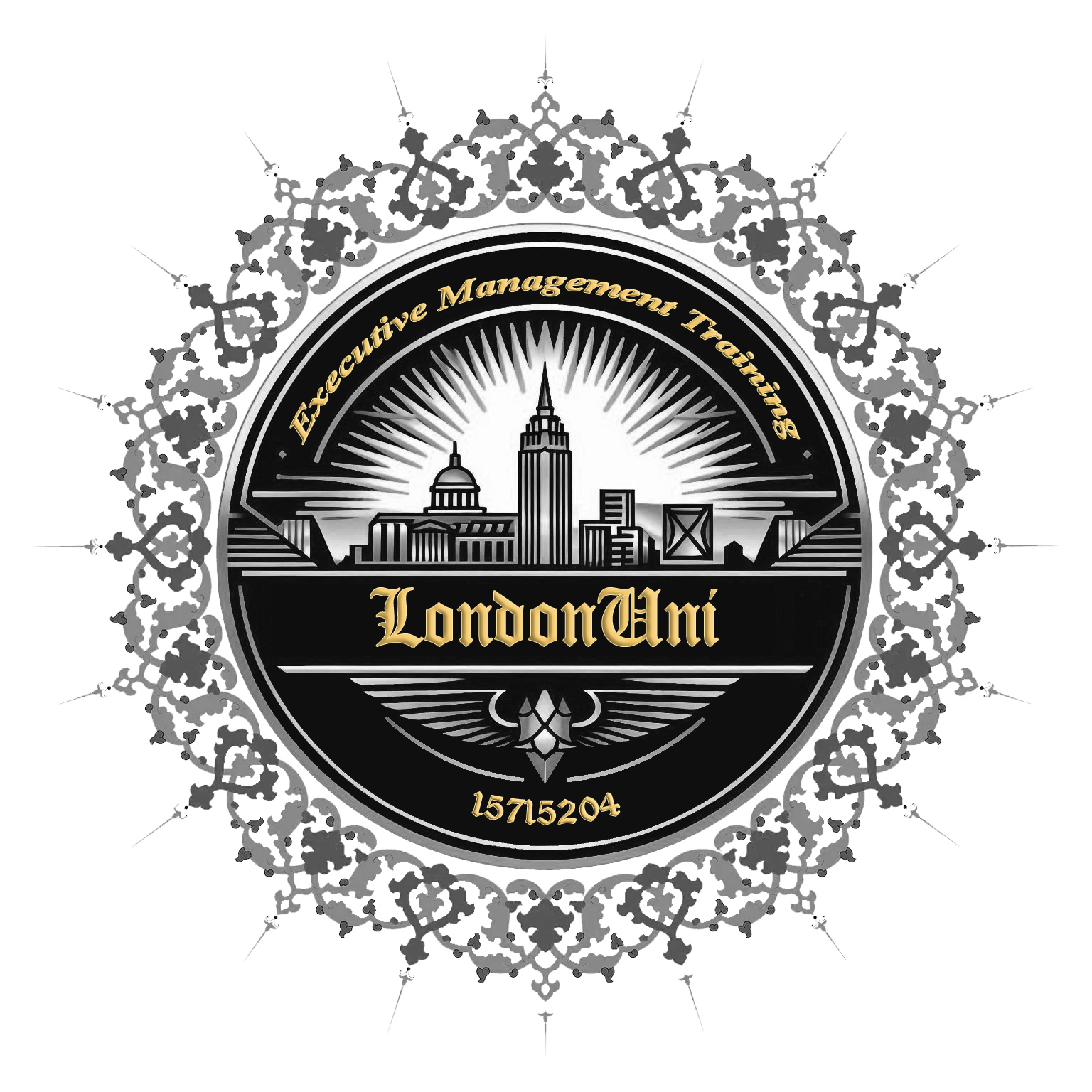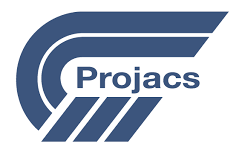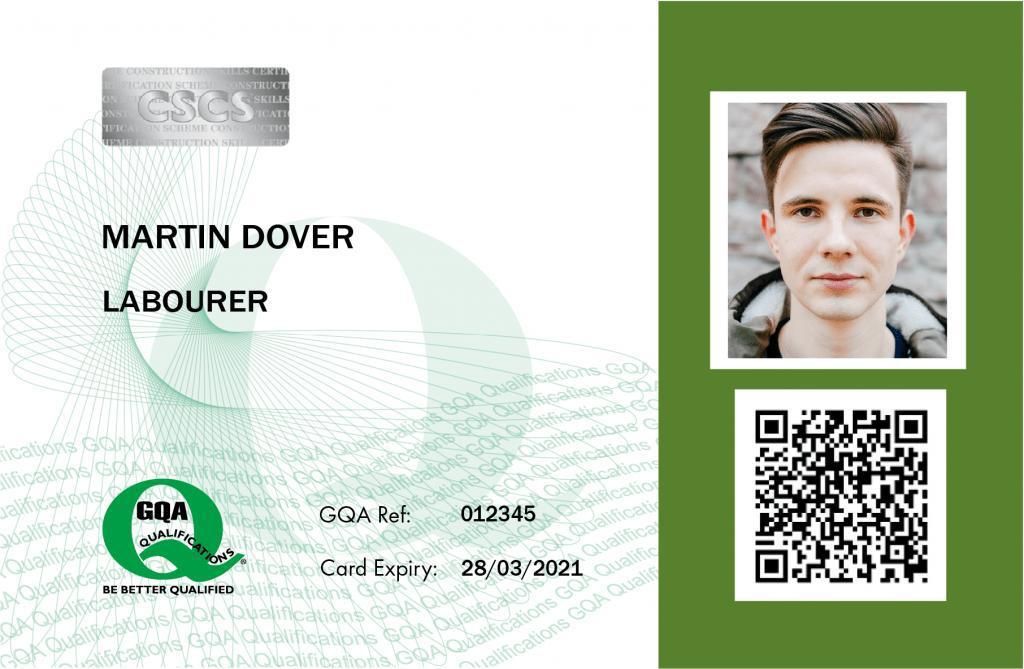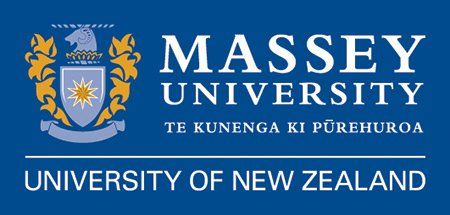
Innovative Strategies in Talent Management
Course ID: 2507217101125EGI
Course Dates : 21/07/25 Course Duration : 5 Studying Day/s Course Location: Dubai, UAE
Language: Bilingual
Course Category: Professional and CPD Training Programs
Course Subcategories: Leadership and Management Excellence
Course Certified By: * Projacs Academy
* Professional Training and CPD Programs
Certification Will Be Issued From :
KSA
Course Fees: £2,942.52
Vat Not Included in the price. VAT may vary depending on the country where the course or workshop is held.
Click to Pay
Date has passed please contact us Sales@e-s-hub.com
Course Information
Introduction
Talent management has emerged as a cornerstone of organizational success, transcending traditional HR functions to become a strategic imperative. As industries evolve at an unprecedented pace, driven by technological advancements and shifting workforce dynamics, organizations must adopt innovative strategies to attract, develop, retain, and engage top talent. This course is designed to equip professionals with the tools and frameworks necessary to navigate this complex landscape. By exploring cutting-edge methodologies and evidence-based practices, participants will gain insights into how talent management can drive competitive advantage and foster sustainable growth.
One of the most pressing challenges in modern organizations is the misalignment between talent strategies and business objectives. Many companies struggle to identify and nurture high-potential employees, leading to gaps in leadership pipelines and reduced agility. For instance, a 2022 Deloitte study revealed that only 14% of organizations believe their current talent practices are optimized for the future of work. This course addresses these gaps by integrating established theories such as Ulrich’s HR Business Partner Model and the Competency-Based Talent Management Framework, ensuring participants understand how to align talent initiatives with broader organizational goals.
The benefits of mastering innovative talent management strategies extend beyond individual career advancement. Organizations that prioritize talent development report higher employee engagement, improved retention rates, and enhanced innovation capabilities. Consider the case of a global tech firm that implemented personalized learning pathways for its workforce, resulting in a 30% increase in productivity within two years. Such examples underscore the transformative potential of effective talent management when applied strategically and systematically.
Participants will delve into industry trends shaping the future of work, including the rise of remote and hybrid work models, the gig economy, and the increasing emphasis on diversity, equity, and inclusion (DEI). These trends necessitate a reimagining of traditional talent management practices, emphasizing flexibility, adaptability, and inclusivity. Through real-world case studies, such as Netflix’s culture-driven hiring process or Google’s data-driven approach to performance management, learners will explore practical applications of these concepts.
Moreover, the course emphasizes the ethical dimensions of talent management, encouraging participants to consider the broader societal implications of their decisions. For example, how can organizations balance automation with workforce reskilling to ensure no one is left behind? By fostering critical thinking and ethical reasoning, the program prepares participants to address complex dilemmas while upholding professional standards.
Ultimately, "Innovative Strategies in Talent Management" is more than a training program—it is an opportunity to redefine how organizations view and value their human capital. Whether you are an HR professional seeking to enhance your skill set or a leader aiming to build a resilient workforce, this course offers the knowledge and tools needed to thrive in an ever-changing environment.
Objectives
By attending this course, participants will be able to:
Analyze the impact of emerging workplace trends on talent management strategies.
Evaluate the effectiveness of existing talent acquisition and retention programs using data-driven metrics.
Design customized learning and development plans tailored to diverse employee needs.
Implement inclusive talent management practices that promote diversity, equity, and inclusion.
Apply advanced succession planning techniques to build robust leadership pipelines.
Assess the role of technology, such as AI and analytics, in optimizing talent processes.
Synthesize ethical considerations into talent management decision-making frameworks.
Who Should Attend?
This course is ideal for:
HR managers and directors responsible for designing and executing talent strategies.
Team leaders and supervisors seeking to enhance team performance through effective people management.
Organizational development consultants advising clients on workforce optimization.
Learning and development specialists focused on creating impactful training programs.
These groups will find the course valuable because it bridges theoretical foundations with practical applications, enabling them to address real-world challenges in their roles. While prior experience in HR or talent management is beneficial, the course is structured to accommodate intermediate learners who possess foundational knowledge but wish to deepen their expertise.
Training Method
• Pre-assessment
• Live group instruction
• Use of real-world examples, case studies and exercises
• Interactive participation and discussion
• Power point presentation, LCD and flip chart
• Group activities and tests
• Each participant receives a 7” Tablet containing a copy of the presentation, slides and handouts
• Post-assessment
Program Support
This program is supported by:
* Interactive discussions
* Role-play
* Case studies and highlight the techniques available to the participants.
Daily Agenda
The course agenda will be as follows:
• Technical Session 08.30-10.00 am
• Coffee Break 10.00-10.15 am
• Technical Session 10.15-12.15 noon
• Coffee Break 12.15-12.45 pm
• Technical Session 12.45-02.30 pm
• Course Ends 02.30 pm
Course Outlines
Foundations of Talent Management
Understanding the evolution of talent management practices.
Aligning talent strategies with organizational goals.
Exploring key frameworks: Ulrich’s HR Business Partner Model and Competency-Based Talent Management.
Identifying challenges in modern talent ecosystems.
Day 2:
Talent Acquisition and Retention
Leveraging employer branding to attract top talent.
Utilizing data analytics for recruitment and selection.
Crafting retention strategies to reduce turnover.
Case study: Lessons from Netflix’s hiring philosophy.
Day 3:
Learning and Development
Designing personalized learning pathways.
Integrating microlearning and gamification into training programs.
Measuring the ROI of learning initiatives.
Addressing skill gaps in a rapidly changing job market.
Day 4:
Diversity, Equity, and Inclusion
Building inclusive talent pipelines.
Mitigating unconscious bias in hiring and promotions.
Fostering a culture of belonging through leadership accountability.
Real-world example: Salesforce’s equal pay initiative.
Day 5:
Technology and Ethics in Talent Management
Harnessing AI and machine learning for talent analytics.
Navigating privacy concerns in digital talent platforms.
Balancing automation with human-centric approaches.
Ethical considerations in workforce transformation.



















































